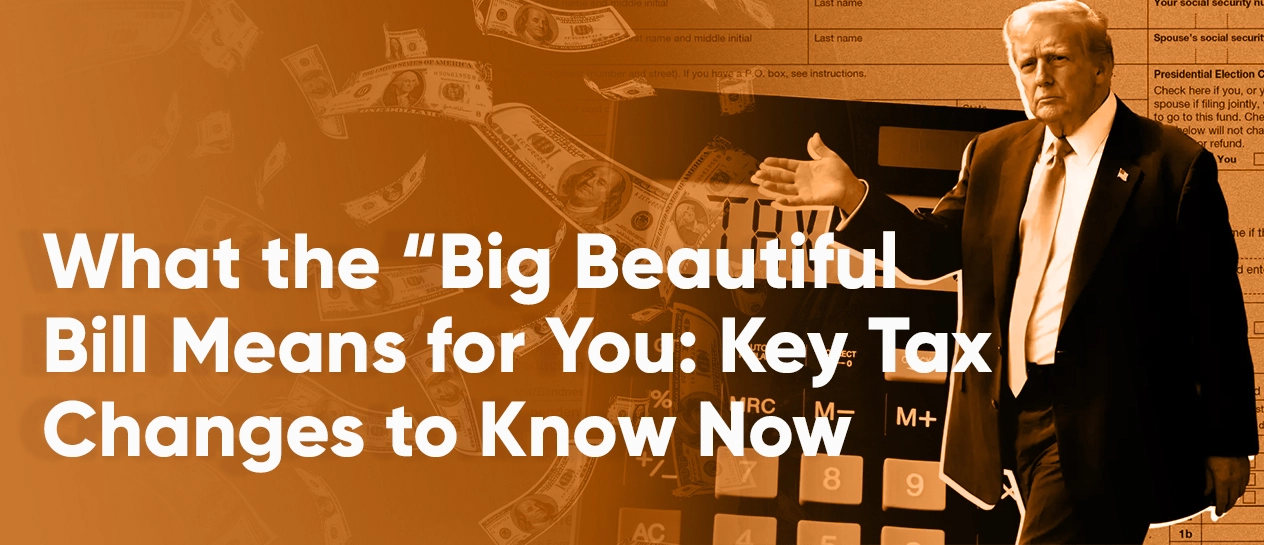Taxpayer Will not be a NY Resident
In Matter of Nelson Obus, dated June 30, 2022, a New York State appeals court held that an individual domiciled in New Jersey and working in New York City will not be deemed a statutory resident of New York based on limited use of a vacation home located in New York state.
Background
New York law deems individuals to be a New York resident if they: • Are domiciled in New York (with a few narrow exceptions) or • Meet the definition of a statutory resident, which is a taxpayer who has a permanent place of abode in New York (one held for “substantially all of the [tax] year” 2) and is present in New York for 184 or more days 3 In Matter of Gaied v. NYS Tax Appeals Trib., 22 N.Y.3d 592 (2014), the New York State Court of Appeals previously determined that the underlying purpose of the statutory resident statute, NYS Tax Law Section 605, is to discourage tax evasion by New York residents. NYS Regulation 20 NYCRR 105.20(e) defines “permanent place of abode” as a “dwelling place of a permanent nature maintained by a taxpayer” but does not include a “mere camp or cottage.” In this case, the petitioner was a New Jersey domicile resident who commuted from New Jersey to New York City for work. He was present in New York for more than 183 days, generally, due to work in New York City. The petitioner also owned a large vacation home in Northville, New York approximately four hours north of New York City. The Northville home was not used for commuting to New York City, a year-round tenant occupied an attachment apartment, and the petitioner did not keep personal effects in the Northville home and instead brought necessary items when visiting. The New York State Tax Appeals Tribunal (TAT) found 4 the vacation home was a permanent place of abode since its physical characteristics made it suitable for year-round habitation, the petitioner owned the home, and the petitioner occasionally exercised his residential interest by staying there on vacation. Distinguishing Gaied, the TAT rejected the petitioner’s argument focusing on the meaning of “residence,” noting that the question was whether he had a “residential interest,” with “interest” indicating a legal share in something. The petitioner appealed this decision to the New York State Supreme Court, Appellate Division, Third Department (appeals court).
Vacation home did not qualify as a permanent place of abode
The appeals court reversed the TAT, concluding that the petitioner’s use of the Northville vacation home did not demonstrate a residential interest, even though the home is suitable for year-round living and could constitute a permanent place of abode. Because the Northville vacation home does not constitute the petitioner’s permanent place of abode, the petitioner is not a statutory resident of New York.
Implications
The appeal’s court decision in Obus seemingly narrows the scope of a permanent place of abode. Generally, New York deems a secondary or vacation home sufficient to be a permanent place of abode if a taxpayer owns, rents, or otherwise possesses the home (i.e., no tenants occupy the home, and it is furnished). However, this decision suggests that taxpayers can argue that a vacation home is not a permanent place of abode if they do not regularly use the home to commute to work, and do not move personal effects to the property. As these matters are highly factual, it remains to be seen how much this will narrow the scope of what is deemed a permanent place of abode.



